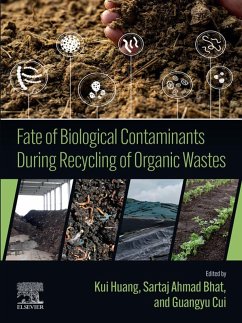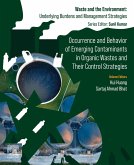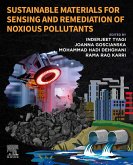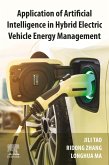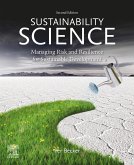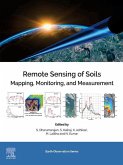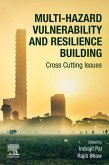Fate of Biological Contaminants During Recycling of Organic Wastes covers the fate of viruses, HPBs, and ARGs in organic wastes, and their eliminating methods, including composting, vermicomposting and anaerobic digestion. In addition, this work describes the environmental risks associated with the application of excess sludge, livestock and other bio-wastes in soils
Fate of Biological Contaminants During Recycling of Organic Wastes will benefit environmental and soil scientists engaged in the latest research regarding risk assessment and remediation techniques in wastewater, and solid wastes, and agricultural wastes.
- Covers the fate of viruses, HPBs, and ARGs in wastes as well as their environmental risk to the ecosystem
- Includes applications of earthworm remediation techniques, composting, and anaerobic digestion for organic wastes
- Introduce the key relationship between viruses, HPBs, ARGs and the microbial community during biological treatment of excess sludge and livestock manure
Dieser Download kann aus rechtlichen Gründen nur mit Rechnungsadresse in A, B, BG, CY, CZ, D, DK, EW, E, FIN, F, GR, HR, H, IRL, I, LT, L, LR, M, NL, PL, P, R, S, SLO, SK ausgeliefert werden.

